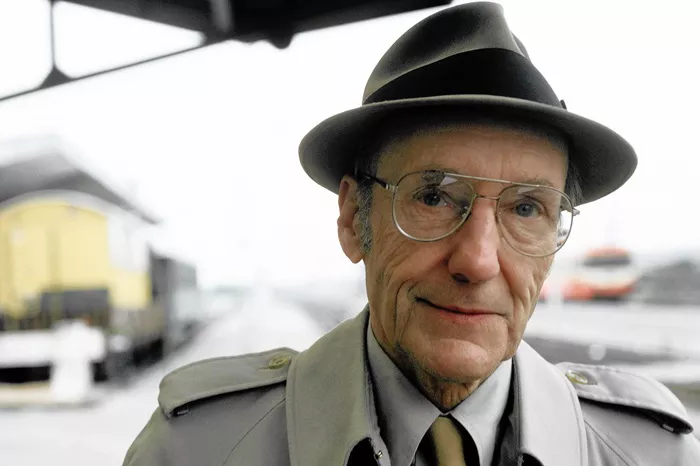The film “Queer”, inspired by William S. Burroughs’s novella, follows Daniel Craig as William Lee, an American in Mexico City who falls for a discharged Navy sailor, Eugene Allerton, played by Drew Starkey. Directed by Luca Guadagnino, it was released on December 13. While it mostly adhered to the original text initially, it diverged in the finale to show Burroughs’s real-world fate.
In an interview, writer Justin Kuritzkes shared the reasoning behind extending beyond the book’s boundaries. Since the book is “unfinished”, they considered the appendices and essays added by Burroughs before its long-delayed publication. Kuritzkes noted the distinction between Burroughs the man and William Lee the character, highlighting how Lee had a tender and sometimes bumbling side that differed from the gruff image often associated with Burroughs. Given the nature of “Queer” as an unfinished work where it’s hard to separate the main text from Burroughs’s life and other writings, incorporating elements from other sources into the script felt natural, and the epilogue seemed like a logical outgrowth of the project.
For the movie “Queer”, the epilogue holds significance. The novella was published over 30 years after its companion novel, “Junkie”, with the delay mainly due to negative public opinion about LGBTQ+ texts. Burroughs couldn’t fully tell its story until 15 years before his 1997 death. His life changed drastically during that time, from facing a prison sentence in Mexico City after killing his wife to being a man on the run. Omitting this aspect in the movie’s ending would have been a letdown.
Critics have generally liked the conclusion. Many reviews praise the entire production, with some calling it one of Craig’s best works. While the audience score on Rotten Tomatoes is 60%, just barely keeping it in “Fresh” status, the critics have been more favorable, giving it a 77% Tomatometer score that’s already Certified Fresh with 149 reviews at the time of writing.
Our take on “Queer’s” ending is that it effectively fleshes out the tragic aspects of the story. Since the whole narrative is an allusion to Burroughs’s adventures, fully encompassing his life is a fitting step. Even though it doesn’t directly feature his wife, the connection with Adelbert Lewis Marker likely influenced the book. It’s more a showcase of Burroughs’s perspective on the world than a purely fictional tale. Despite its limited theater availability, not showing Burroughs’s ending would have left audiences dissatisfied, and ending with an aged Craig was a good choice.
Related content:

